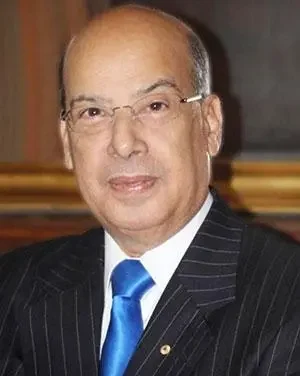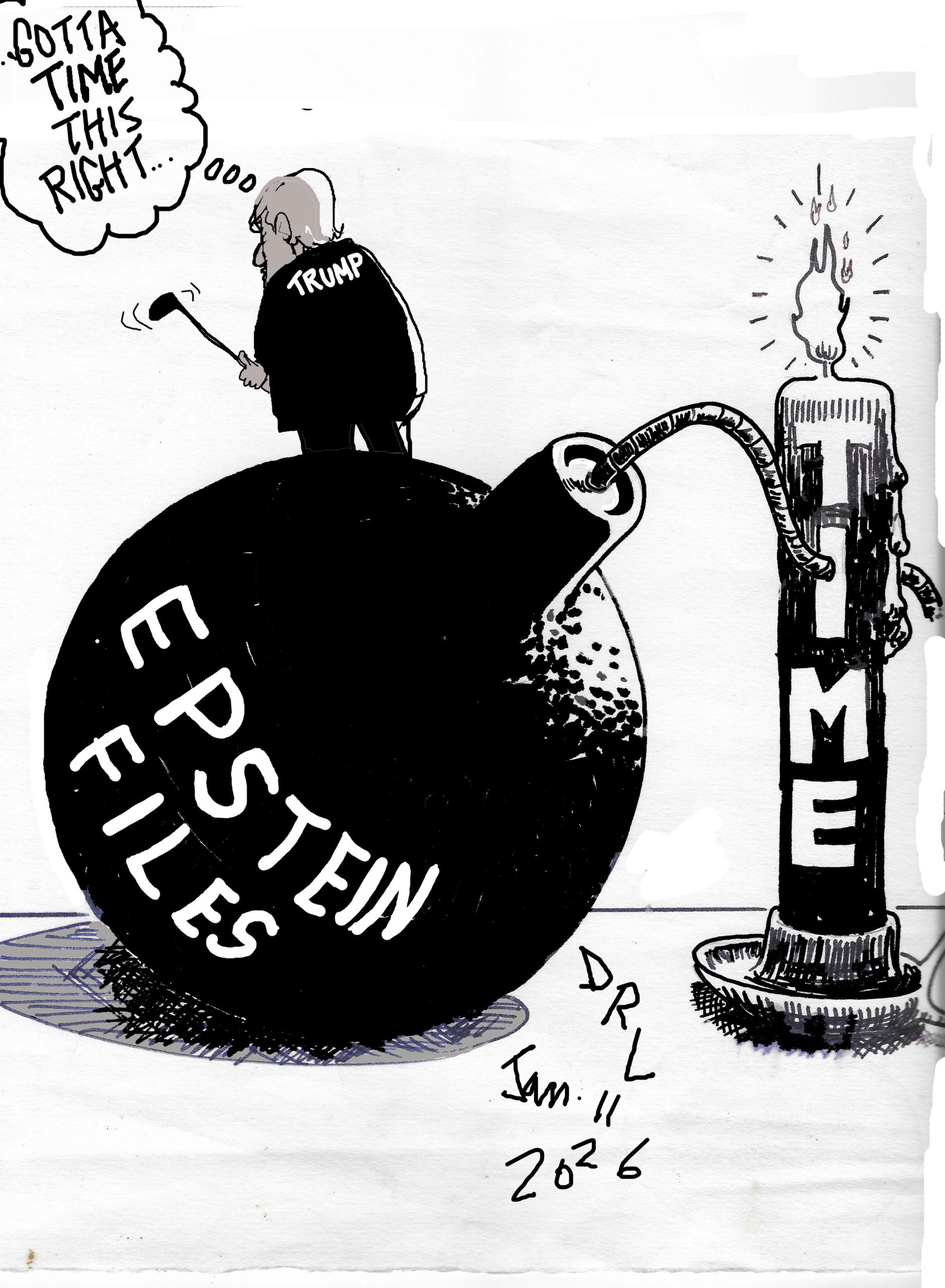Latest update January 12th, 2026 12:30 AM
Latest News
- Ram warns Govt. against excessive spending as oil prices likely to dip further
- Cuba defiant after Trump says island to receive no more Venezuelan oil or money
- Change in Venezuela’s leadership will not alter oil trajectory, ease climate pressures
- Banks DIH opens $13.7B beer plant
- Norton refuses to make suggestions for 2026 budget
No sign of night court since May announcement
Sep 30, 2016 News
After the March 3, 2016 prison unrest at the Georgetown Prison, Government had announced that as part of the solution to backlogged cases, it would introduce “Night Courts” into the judiciary.
This followed a high level meeting between representatives of government which included Prime Minister Moses Nagamootoo; Minister of Public Security Khemraj Ramjattan; and Minister of Legal Affairs Basil Williams.
Representing the judiciary were Chancellor of the Judiciary (ag) Carl Singh, Chief Justice Yonette Cummings-Edwards, Director of Public Prosecutions, Shalimar Ali-Hack and Chief Magistrate Ann McLennan.
It was suggested that during the initial stages of the intervention, temporary magistrates would be used to help ease the backlog of cases. This measure was to be used for at least six months.
Minister Ramjattan had said that the temporary magistrates would have been qualified lawyers who would serve in addition to the already sitting magistrates.
The government had even moved to secure $25M to finance the payment of salaries of the temporary magistrates and ancillary staff.
It was reported by the Prime Minister that after discussing the issue with President David Granger, the Head of State had given his favourable assurance towards establishing the courts.
The suggestion was a part of a number of reforms which came out of the Commission of Inquiry into the prison riot which claimed 17 lives. The courts were expected to operate from Monday to Friday between 16:00 hrs and 20:00 hrs.
For many years, backlogged cases were found to be responsible for the high prison population which resulted in overcrowding of the penal system.
After the COI into the riot, it was revealed that 60 per cent of inmates were on remand. Of that number, 50 per cent have been awaiting trial for more than three years and a further 30 per cent for more than four years.
The report said that these figures and the lack of effective – or even ineffective action to remedy them pointed to serious dysfunction in the administration of justice.
It was highlighted that delayed trials contributed significantly to the overcrowding.
Also, failures on the part of agencies of the state had attributed to the state of the prison. These include the judiciary, magistracy, probation service, the parole board, prison visiting committees and the Ministry of Public Health.
This publication made several efforts to contact the Chancellor of the Judiciary (ag) on the status of the courts since no action seems to have been taken since the May 2016 announcement; however, these attempts were unsuccessful.
Discover more from Kaieteur News
Subscribe to get the latest posts sent to your email.
Similar Articles
Listen to the The Glenn Lall Show
Follow on Tik Tok @Glennlall
Your children are starving, and you giving away their food to an already fat pussycat.
Sports
Jan 12, 2026
Kaieteur Sports – Following the revelation from Head of the Medical Panel of Cricket West Indies (CWI) Dr. Donovan Bennett, who recently earmarked pacers Alzarri Joseph and Shamar Joseph to be a...Features/Columnists
Jan 12, 2026
(Kaieteur News) – In December 2024, President Dr. Irfaan Ali issued one of the strongest warnings ever directed at the management of the Guyana Sugar Corporation (GuySuCo). Speaking publicly, and without ambiguity, he promised consequences if sugar production targets for 2025 were not met. His...Sir. Ronald Sanders
Jan 04, 2026
By Sir Ronald Sanders (Kaieteur News) – As 2025 draws to a close, the Caribbean Community stands at a moment that calls for less rhetoric and more realism. CARICOM is experiencing a period in which external pressure is intensifying, new norms are hardening among powerful states, and the need for...The GHK Lall Column
Jan 12, 2026
(Kaieteur News) – When former President Donald Ramotar speaks these days, I listen. He is due a hearing, and I urge Guyanese to listen. His latest contribution drips with pragmatism, warns of the precautionary steps that other nations may embark upon, and then what? That contradiction...Publisher’s Note
Freedom of speech is our core value at Kaieteur News. If the letter/e-mail you sent was not published, and you believe that its contents were not libellous, let us know, please contact us by phone or email.
Feel free to send us your comments and/or criticisms.
Contact: 624-6456; 225-8452; 225-8458; 225-8463; 225-8465; 225-8473 or 225-8491.
Or by Email: glennlall2000@gmail.com / kaieteurnews@yahoo.com













